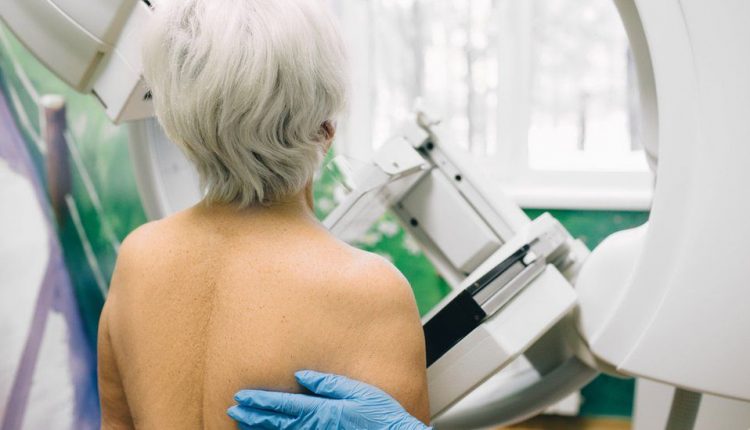Improving cancer care a huge challenge post-pandemic
Improving cancer care will be a huge challenge, ministers are being warned as they promise a new 10-year strategy for England.
Figures suggest there have been 34,000 fewer diagnoses since Covid hit – 50,000 if you include the whole UK.
It risks an increasing number of late diagnoses which reduces the chances of survival, cancer charities said.
It comes as the government is promising to invest in new technologies and equipment to spot cancer quicker.
Health Secretary Sajid Javid said the new “war on cancer” strategy will be published later this year.
“It will take a far-reaching look at how we want cancer care to be in 2032. Looking at all stages from prevention, to diagnosis, treatment and vaccines,” he said.
Mr Javid pointed out the NHS was already taking steps, including evaluating new blood tests to spot cancers early and opening a network of testing centres.
“The situation is urgent. If we are to truly be successful we need to go much further on cancer and improve the persistently poor outcomes that patients in this country have long experienced compared to other countries.”
If you can’t see the lookup, click here
The last cancer strategy was only published in 2019 as part of the NHS Long-Term Plan, promising three-quarters of cancers would be spotted at an early stage by 2028.
Before the pandemic, just over half of cancers were spotted at stages one or two, which is classed as early.
But the fear is the drop in diagnoses, which has been caused by people either not coming forward for check-ups or struggling to get access care especially in the early months of the pandemic, will lead to those figures getting worse rather than better in the short-term.

Lynda Thomas, of Macmillan Cancer Support, said given the impact of the pandemic people with cancer needed “support more than ever”.
“We have been sounding the alarm for a long time,” she added.
But she said while improving diagnosis and treatment was crucial, it was like “building sandcastles while the tide comes” without extra staff to tackle the backlogs and demand for care.
- Smear tests might help pick up ovary and breast cancers
- Public told not to delay cancer check-ups
Anna Jewell, chair of the Less Survivable Cancers Taskforce, said there were particular problems with cancers of the lung, liver, brain, oesophagus, pancreas and stomach, which have the lowest survival rates. Just 16% of people diagnosed with these cancers survive for five years.
“The situation is urgent. If we are to truly be successful we need to go much further on cancer and improve the persistently poor outcomes that patients in this country have long experienced compared to other countries.”


Comments are closed.